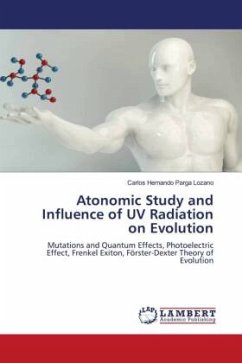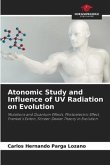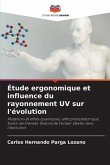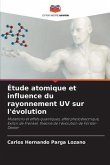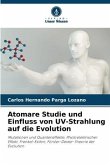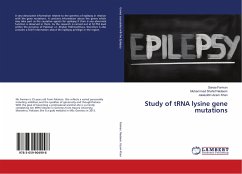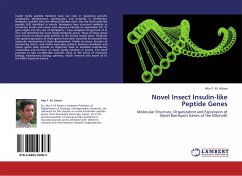The objective of this work was to determine the relationship between quantum mechanisms and their effect on photosynthetic biological models applied to atomic genetic evolution in the p53 gene of Homo sapiens. Mutations were made in the p53 gene following evolutionary conservation parameters, especially in the 42 CpG points that are related to mutations influenced by ultraviolet radiation. These mutated sequences were compared with sequences from various primates, using the mouse as an "outgroup" for comparison. Neighbor Joining (NJ) trees and correspondence analysis with VISTA and PAUP were constructed. Genetic distances were calculated with MEGA. The results revealed that the 6 mutations in the Homo sapiens p53 gene cause genetic divergence. It suggests a direct relationship between quantum effects and evolution. It is concluded that quantum mechanisms may play a role in genetic evolution, in relation to the photoelectric effect, Frenkel exiton, De Förster Theory and p53 gene mutations. This supports the hypothesis that quantum effects can influence evolutionary processes at the molecular and genetic level.
Bitte wählen Sie Ihr Anliegen aus.
Rechnungen
Retourenschein anfordern
Bestellstatus
Storno

